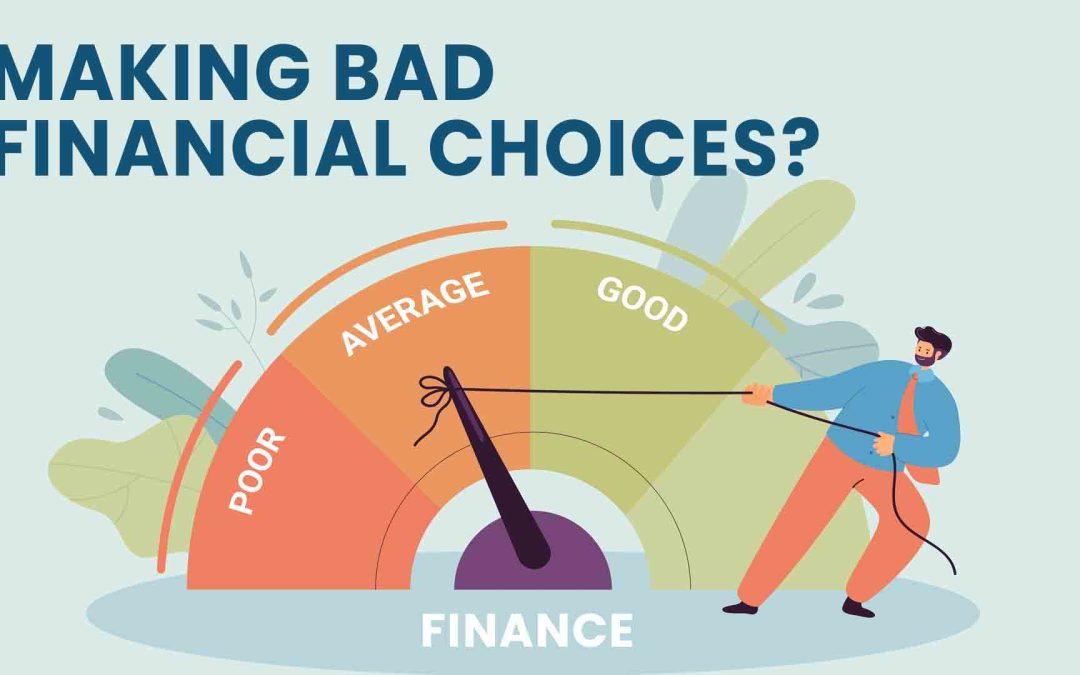Why do we prefer impulsive spending over deliberate spending?
Impulsive spending can be gratifying because it offers an immediate emotional boost. The thrill of a new purchase can provide a temporary escape from stress or dissatisfaction. Advertisements, sales promotions, and the ease of online shopping make it easier to succumb to impulsive spending, giving people instant gratification without planning.
How can you stop impulsive spending?
Stopping impulsive spending requires self-awareness and discipline. Some effective strategies include:
- Creating a budget: A clear financial plan helps individuals stick to their goals and prevents unnecessary purchases.
- Waiting before buying is a powerful strategy to combat impulsive spending. By implementing a waiting period, such as 24 or 48 hours before making a purchase, you allow yourself time to reflect on whether the item is truly necessary. This pause can often reveal that the purchase was driven by impulse rather than need, helping you avoid unnecessary spending.
- Avoiding triggers: Recognising what triggers impulsive spending, whether it’s stress, sales, or certain stores, and actively avoiding these situations can bring a sense of relief and help reduce impulse purchases.
- Tracking expenses: Tracking spending can highlight waste areas, prompt more deliberate decision-making, and give you a sense of accomplishment in managing your finances.
Why do we spend impulsively instead of deliberately?
People spend impulsively for various reasons, including emotional triggers like stress or boredom. However, societal pressures and clever marketing tactics also play a significant role. The desire for instant gratification can be hard to resist, especially when influenced by these external factors. You can make more deliberate spending decisions by recognising and resisting these influences.
Cultural and social influences also contribute, as many people feel pressure to keep up with peers or trends. Additionally, a lack of financial literacy or transparent budgeting practices can leave people more vulnerable to impulse buys.
Why should we not spend impulsively?
There are several reasons why impulsive spending can be harmful:
- Debt accumulation: Repeated impulsive purchases can quickly lead to credit card debt and financial instability.
- Savings depletion: Impulsive spending can erode savings, hindering long-term financial goals like retirement, homeownership, or vacations.
- Buyer’s remorse: Many impulsive purchases result in regret as the excitement fades and the person realises the purchase wasn’t necessary or valuable.
Consequences of Impulsive Spending
The consequences of impulsive spending are often far-reaching. Financially, it can result in depleted savings, mounting debt, and difficulty meeting essential expenses. Emotionally, it can create stress and anxiety, especially when people face the reality of their strained finances. Over time, impulsive spending can erode financial stability, limit future opportunities, and create a cycle of dependency on instant gratification rather than long-term planning.
By understanding the difference between deliberate and impulsive spending, you can make more informed decisions that align with your financial goals. At IQ Accounting, we’re here to help you take control of your finances with expert advice and tailored strategies to ensure your spending habits support long-term stability and growth. Whether you need assistance with budgeting, financial planning, or managing debt, we are committed to guiding you toward a more secure financial future.

